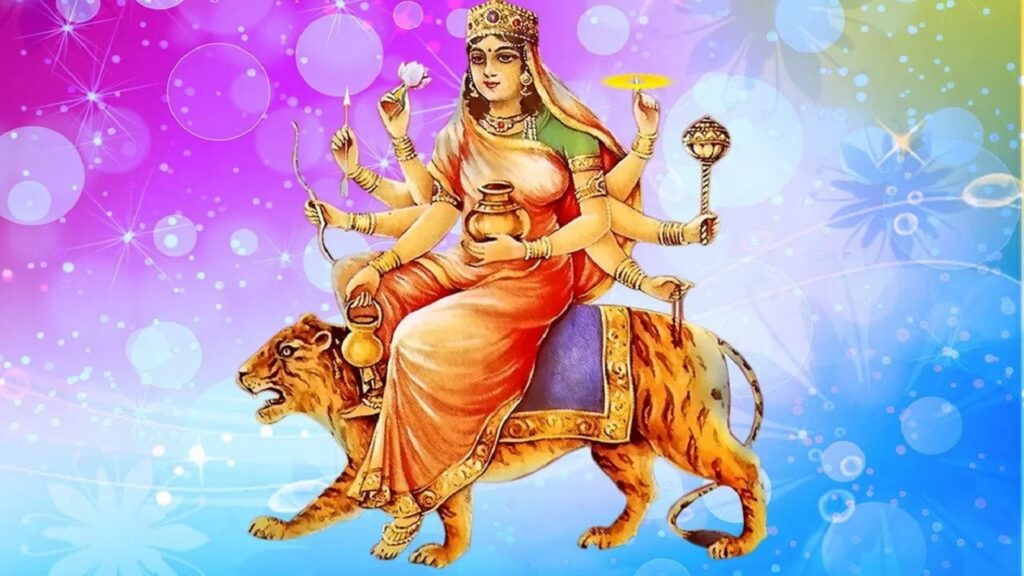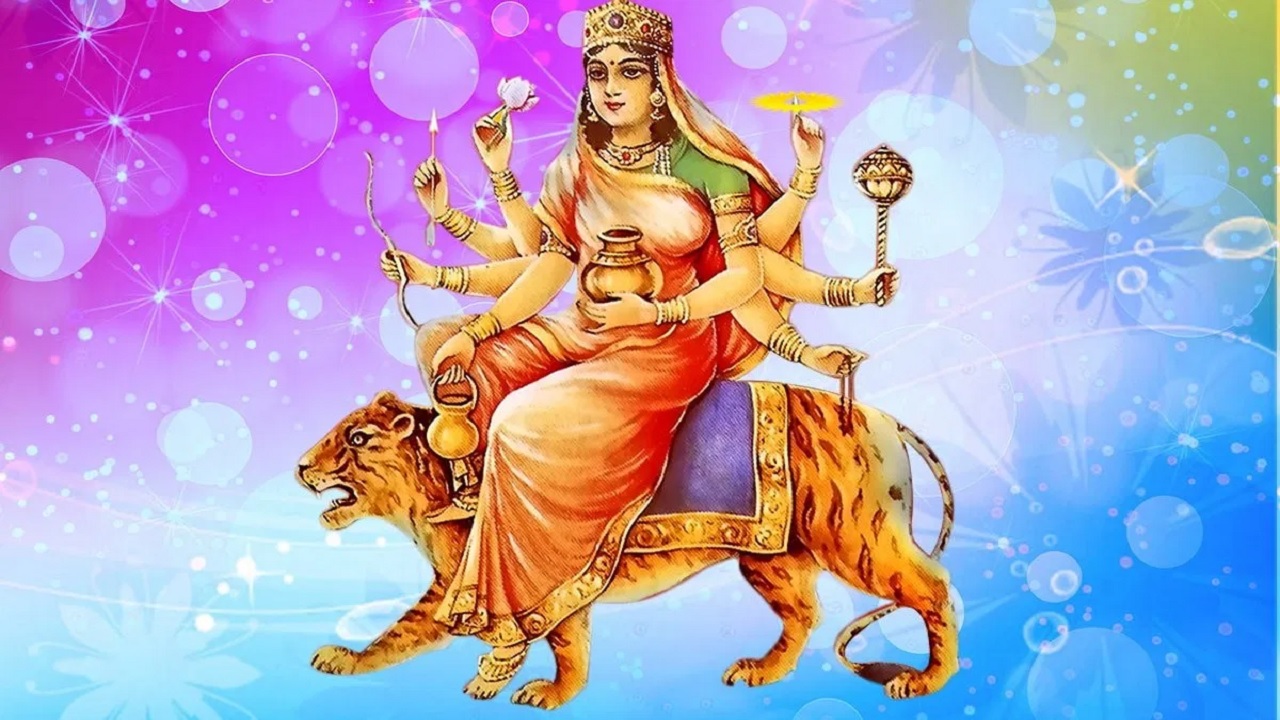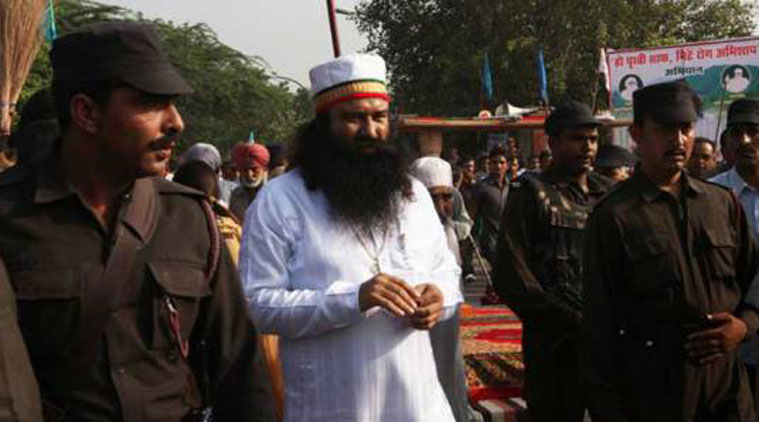
Pic Credit: Indiatimes
The fourth day of Navratri is dedicated to the worship of Goddess Kushmanda. Here are key aspects and significance associated with the fourth day of Navratri:
Goddess Kushmanda:
- On the fourth day, Devi Kushmanda is revered. She is considered the creator of the universe, and her name is formed by combining two words: ‘Ku’ (little), ‘Ushma’ (energy), and ‘Anda’ (egg), representing the cosmic egg.
- Goddess Kushmanda is depicted as having eight arms, holding various weapons and symbols of power, riding a lion.
Symbolism:
- Goddess Kushmanda symbolizes the cosmic energy that created the universe. She is often portrayed as the source of the divine energy that brings light and life to the cosmos.
- The eight arms represent her control over the eight directions.
Color Associated:
- The color associated with the fourth day of Navratri is often red or orange. Devotees may choose to wear or decorate their surroundings with these colors during this day’s celebrations.
Prayers and Rituals:
- Devotees perform special prayers, rituals, and pujas dedicated to Goddess Kushmanda.
- Chanting of mantras and hymns dedicated to the goddess is common during the celebrations.
Blessings of Goddess Kushmanda:
- Worshiping Goddess Kushmanda is believed to bring strength, health, and prosperity.
- Devotees seek her blessings for courage and the energy to overcome obstacles in life.
Spiritual Significance:
- The worship of Goddess Kushmanda signifies the recognition of the primordial cosmic energy that gives birth to and sustains the universe.
- Devotees meditate on the divine power within and around them, acknowledging the interconnectedness of all living beings.
Cultural Celebrations:
- Various cultural events, performances, and plays may take place during the celebrations of the fourth day of Navratri, showcasing the stories and legends associated with Goddess Kushmanda.
Community Participation:
- Navratri celebrations often involve community events, where people come together for prayers, dances, and social gatherings.
- It’s a time of joy, unity, and shared devotion as people participate in the festivities collectively.
On the fourth day of Navratri, devotees immerse themselves in the worship of Goddess Kushmanda, seeking her divine blessings for a harmonious and prosperous life. The rituals and celebrations contribute to the overall spiritual and cultural significance of this auspicious day.




